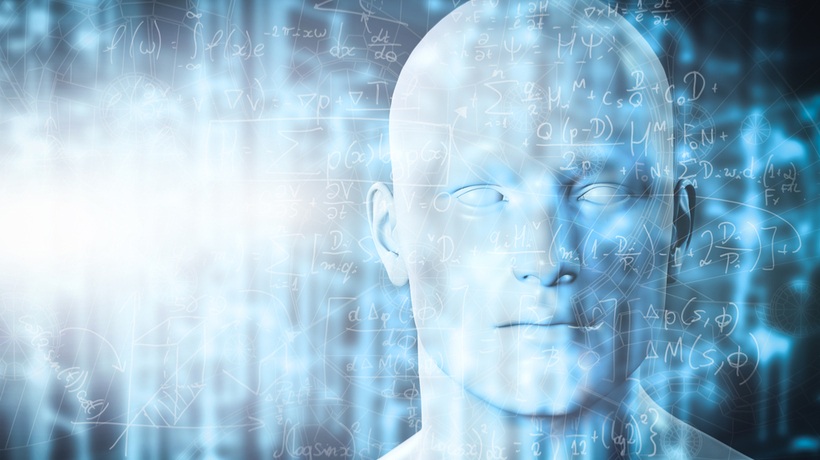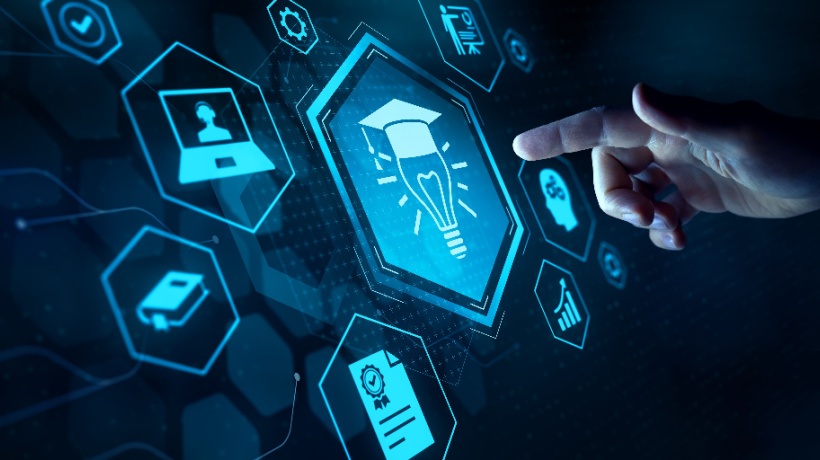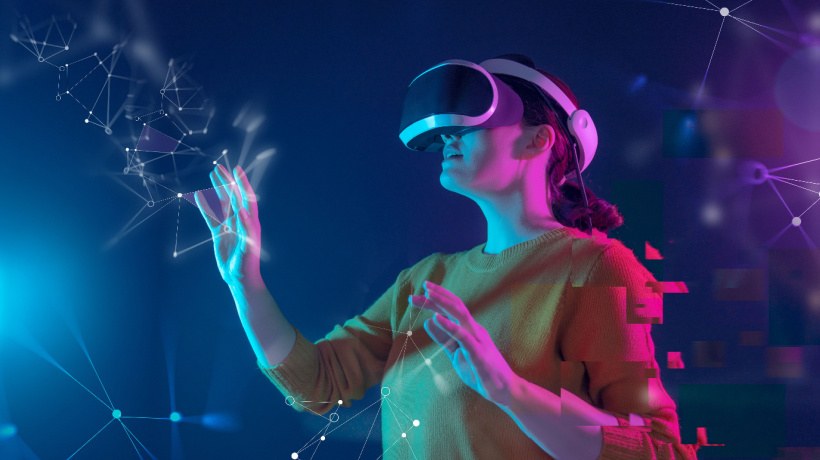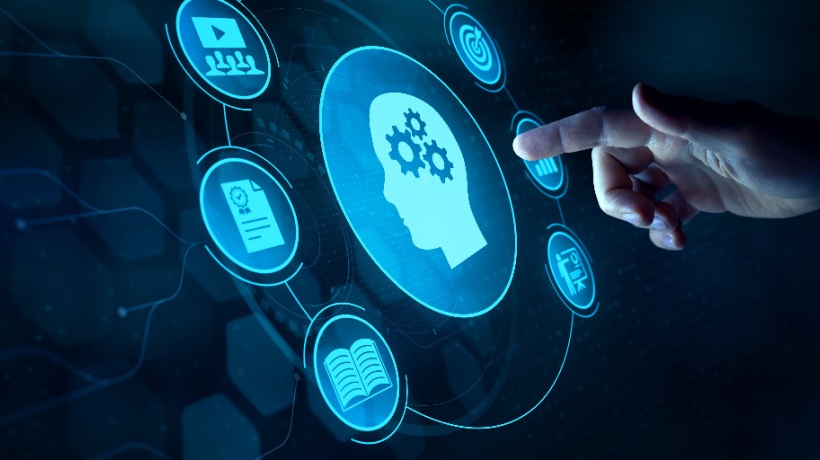Ways Artificial Intelligence Changes The Corporate World
It feels as if AI right now is like that moment when you are on an airplane, and you are about to take off, the front wheels are off the ground and the wings have a lift. There is a second or two when you know your reality of being on the ground is about to change, and you will soon be airborne. That’s us, at that moment, and we have some actions we need to make now that will make or break our businesses.
I can say all this with confidence. I have spent the last 2 years working in AI for some of the biggest companies on the planet, running proof of concepts and production projects. It’s clear that while Artificial General Intelligence (automating a person) is a little way off, Artificial Narrow Intelligence (automating a human task) is here.
What I think will surprise everyone is how fast this is going to happen. Businesses are under so much financial pressure to make their operations more efficient, and outsourcing is not the option it used to be. To me, it was almost frightening how fast companies went from being cynical to an overwhelming enthusiasm for AI after just seeing it work on one single use case.
How AI Will Change Reality Around Us
So, is that it? 10 years from now, are we all going to be sitting on our sofas living off universal basic income? I don’t believe so at all. I believe AI is removing the mundane from our working lives. The successful companies are the ones that figure out how to take the experience of their current workforce and upskill/re-train them to deliver more value-added tasks.
For example, at the moment only a small percentage of credit card fraud is detected and combated. Imagine if you can take the team of fraud investigators who were dealing with repetitive cases and up-skill them, so they can use technology to prevent fraud. The ROI on this is over 100 times what it would be if you were to remove these people from the workforce. This is not the only example, there are others in call centers all across the country.
There is a big problem though (one the successful companies realize). The pace of AI adoption is far faster than the pace at which businesses can re-skill, and that’s both a massive problem and an opportunity.
So, which company do you think is going to win in this? Company A uses AI to do the same thing they did before but with fewer people. Company B uses AI to do what company A has done, however, they have taken their best people and created a new generation of value-added services and products for their customers. History has shown us company B wins to the extent company A goes out of business.
Never before in the history of humanity has education and training been more important while at the same time there is less and less free time to dedicate towards it. Meanwhile, many Learning and Development professionals are blissfully unaware of the fact that this unprecedented demand for learning is headed their way, or even if they do, how about their organization? Do they recognize it, and have they allocated the budget to go address it? It’s simply not possible to address this demand using traditional classroom learning.
So, what’s the answer?
Well, there is only one viable answer, and that’s eLearning but not in its current form. It needs to evolve, to be more intelligent, more "at the moment", and to use Artificial Intelligence. We are seeing the first generation of the eLearning that’s called "digital learning" coming to maturity. However, we have to be careful as many of these companies are using digital learning as a marketing tool to re-brand eLearning and make it sound more interesting.
Digital Learning Today And Tomorrow
Digital learning is broader than eLearning since it covers the analysis and detection of potential skill gaps, it encourages curiosity, it helps deliver learning in the context of a goal or problem and finally, it measures a change in behavior.
For example, the branch of AI called Natural Language Processing can read communications (e.g. e-mail) across an organization. NLP can identify scenarios where there is either a great manager who can be used as a "what good looks like" example or a bad manager who can be automatically targeted with training courses. Imagine you are a manager who has not had to lead Millennials before, the system detects that among the younger members of the team there is negative communication about you. Automatically an e-mail may appear in your inbox "Leading Millennials". Once you have completed the small 5-minute course, it offers up more in-depth training then sends a book to your home office for you to read. Once this has all been completed the system then monitors and looks for a change in the communication. Then, using a branch of AI called deep learning it can progressively understand the best way to effect a change in behavior in you and your team.
Conclusion
This is not science fiction; this technology is available today. The L&D department has always struggled to get management engagement, the problem is that people are unique in their needs, and the big assumption is that managers know what they are. AI takes this challenge away and creates a clear measured insight that both L&D and LOB can use to drive more effective enablement.
In the near future, I see Learning and Development departments being core to the success of a company, where true digital learning techniques are used to re-imagine business. In the new economy, the equation has changed, L&D = Learning & Digital!








